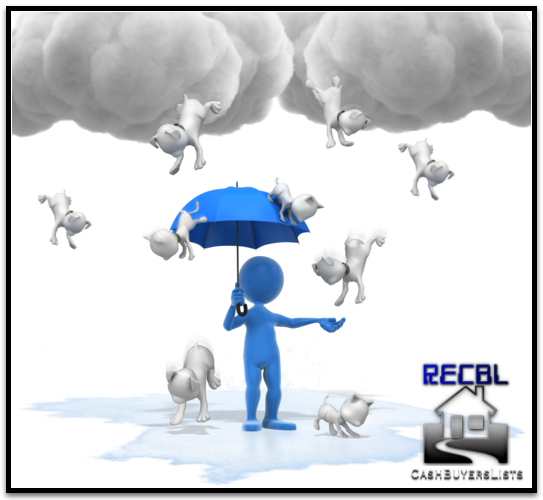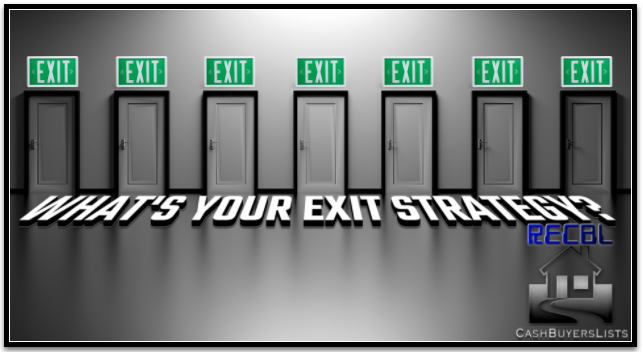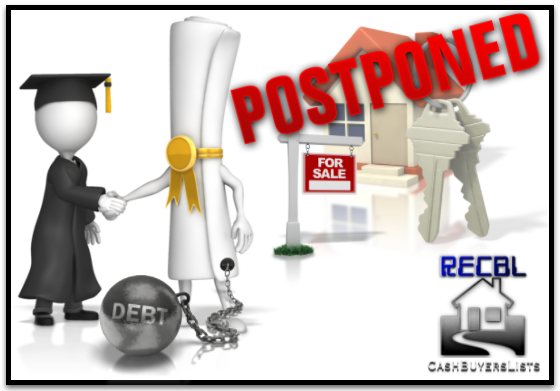 |
| How to Qualify for an FHA Mortgage |
RECBL - Real Estate News
(TNS)-If you’re concerned about getting approved for a conventional mortgage, keep your dreams of homeownership alive by considering a mortgage insured by the Federal Housing Administration. For borrowers who meet FHA requirements, this mortgage alternative is a terrific way to buy a home with a low down payment and less-than-perfect credit.
What Are the Requirements for an FHA Loan?
In order to obtain approval for an FHA loan, the borrower must satisfy the following requirements:
Steady Employment History - Borrowers typically must have been regularly employed within the past two years. Self-employed borrowers have to prove that their business has drawn stable income for at least two years; verification, such as tax returns or company documents, is required.
Ability to Pay - This is determined by two formulas: the front-end ratio and the back-end ratio. The front-end ratio refers to the entire amount that the borrower spends on housing costs, and it must be less than 31 percent of the borrower’s gross income, with some exceptions that push limit up to 40 percent. This includes expenses such as the principal, interest, property taxes, homeowners’ association fees, mortgage insurance, and homeowners insurance. A borrower’s back-end ratio, also known as the debt-to-income ratio, encompasses all of the borrower’s debts, including the mortgage payment, credit debt, and personal loans, and it should be less than 43 percent.
Financial Soundness - The borrower must have a credit score of at least 580 and be able to afford a minimum down payment of 3.5 percent. Some institutions may accommodate lower credit scores if the borrower is able to pay a larger down payment. She must be a minimum of two years out of bankruptcy and not have a foreclosure in the past three years. All her federal student loans and income taxes must be current.
Residency - The borrower must be a lawful U.S. resident with a valid Social Security number, and she must be the occupant of the home.
What Costs Are Associated With an FHA Mortgage?
Like conventional mortgages, there are costs associated with FHA loans that the borrower has to pay when the loan closes, including lender fees, prepaid interest, inspection expenses, and attorney fees. The FHA mortgage program permits lenders and property sellers to pay some or all of the buyers closing costs.
To insure the mortgage against default, the borrower must also pay an annual mortgage insurance premium. The MIP varies based on the terms of the loan, including the principal, loan-to-value ratio, and term. On average, expect to pay 0.85 percent of the loan amount each year.
Borrowers may be required to pay a one-time additional mortgage insurance fee at the time of closing, called the Up-front Mortgage Insurance Premium. As of 2017, the UFMIP is equal to 1.75 percent of the mortgage.
Want to learn how long it’ll take you to pay off your mortgage? Run the numbers through Bankrates mortgage calculators.
What Are the Disadvantages of an FHA Mortgage?
Since an FHA loan permits a lower down payment, you can expect to pay more interest over the life of the loan than you would with a conventional mortgage that necessitates a larger down payment.
Visit Bankrate online at www.bankrate.com.
(C)2017 Bankrate.com
Distributed by Tribune Content Agency, LLC
CashBuyersLists.com Please like, comment and share. Thank you.



















